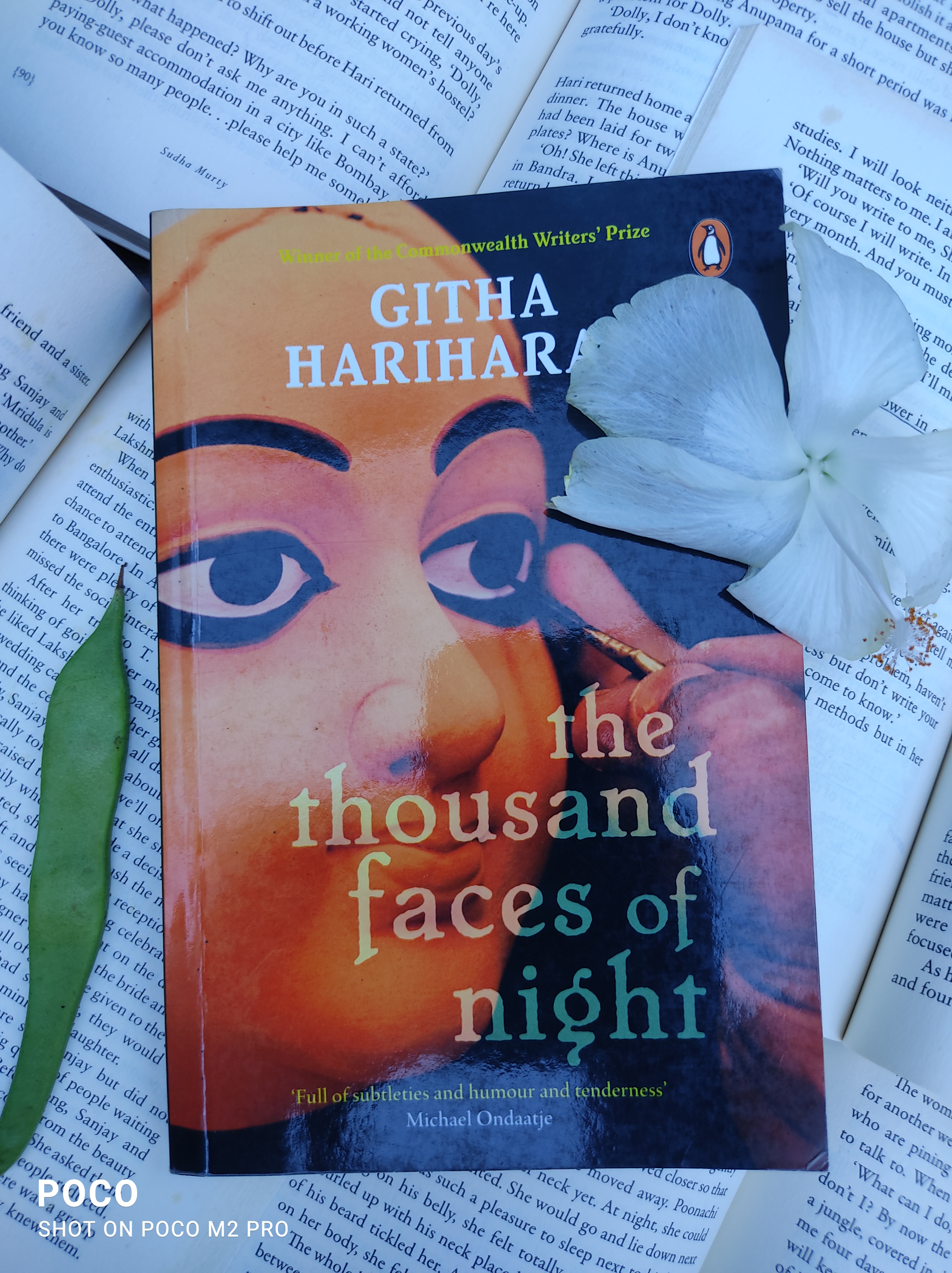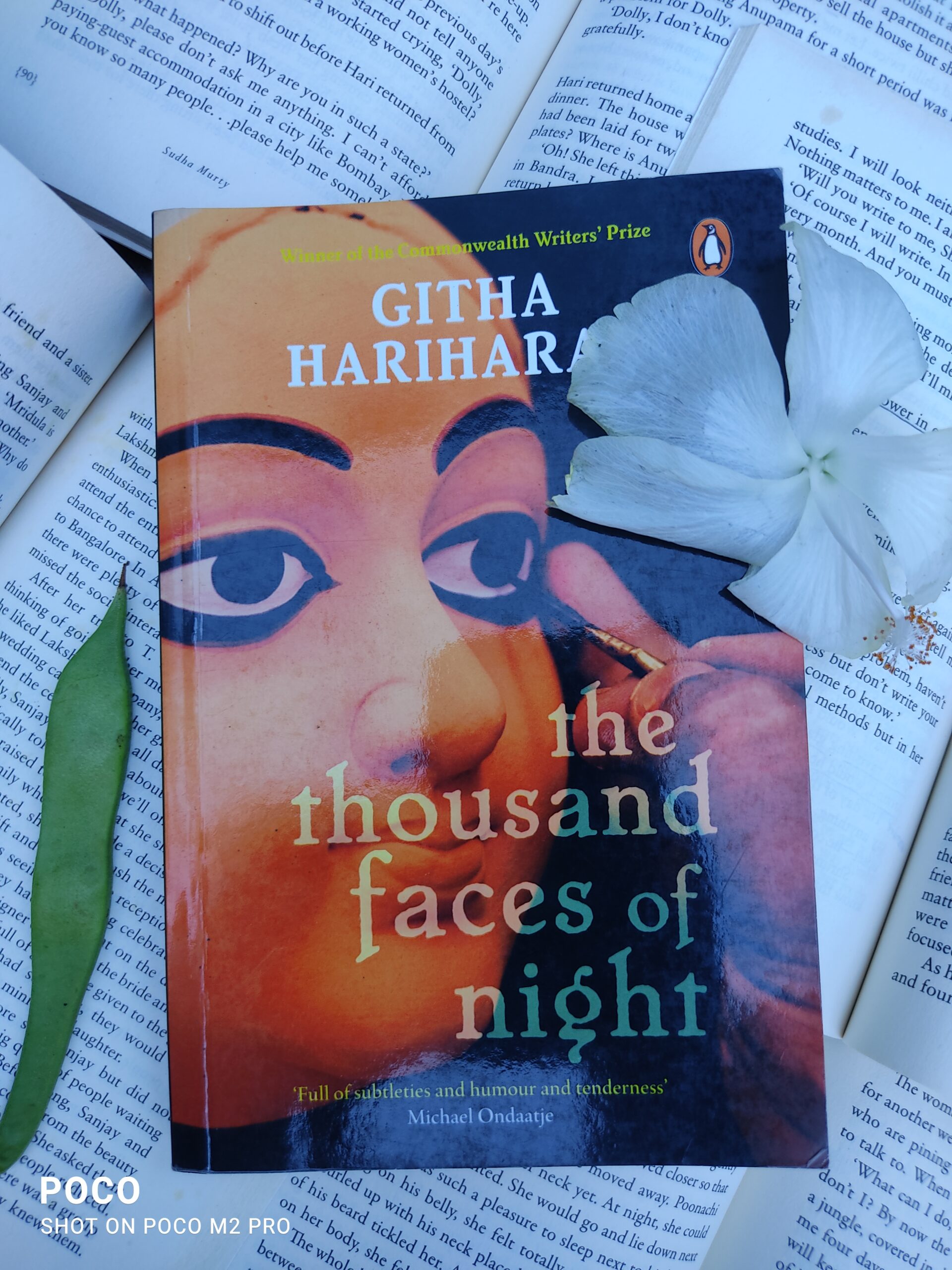Book: The Thousand Faces of Night
Author: Githa Hariharan
Publication: Penguin India
Pages: 144
Price: Click the link
Introduction:
“Her hand seemed to turn me away from the indecisive confusion of my last months in Amery; she seemed to have silently articulated the pattern she had perceived in the jigsaw puzzle that confronted me.”
This is the debut novel of Githa Hariharan and the winner of the 1993 Commonwealth Writer’s Prize for the best first book.







Pingback: I'm Malala, Christina Lamb and Malala Yousafzai
Pingback: The Forgotten Daughter, Renita D'Silva,
Pingback: Arranged Marriage by Chitra Banerjee Divakaruni - Blog Alvina
Thank you for your sharing. I am worried that I lack creative ideas. It is your article that makes me full of hope. Thank you. But, I have a question, can you help me?